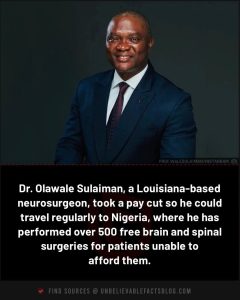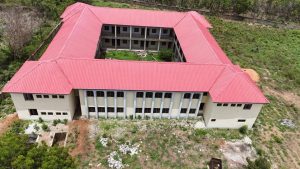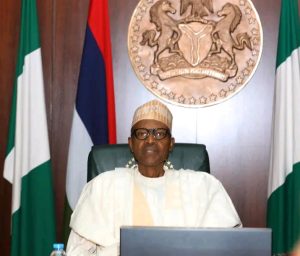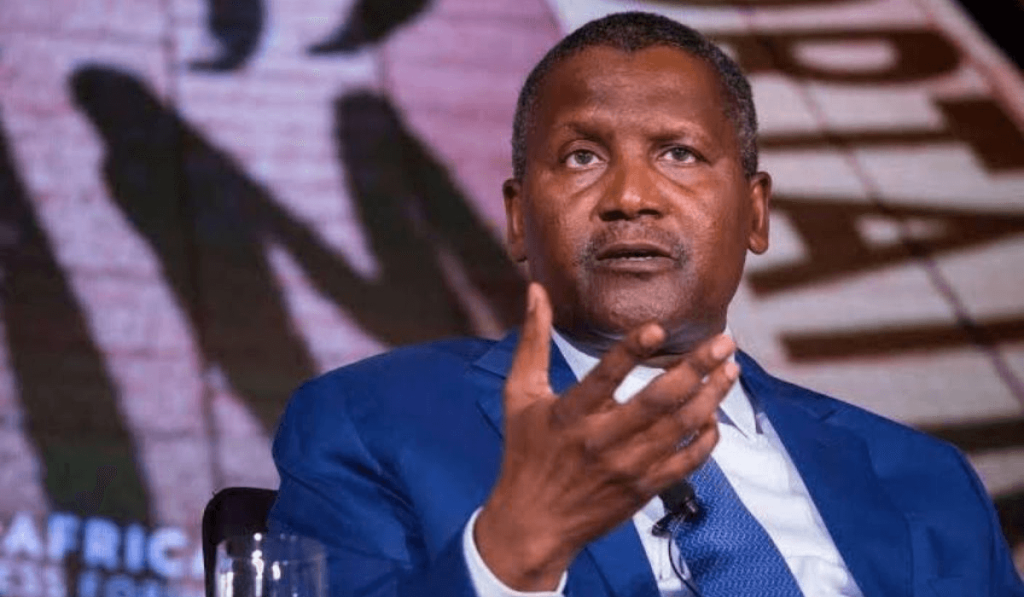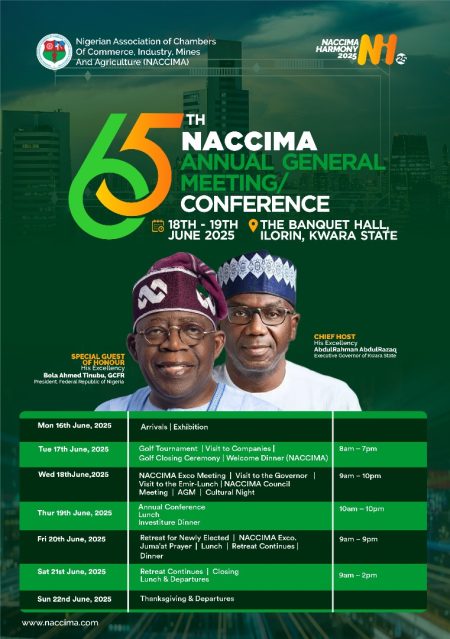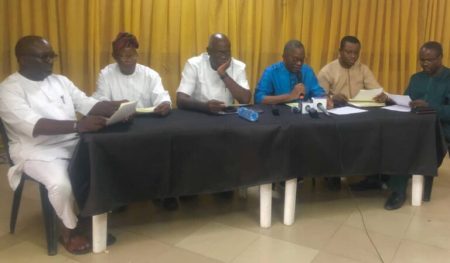Aliko Dangote, president of Dangote Group, has called on the federal government to completely remove fuel subsidies, stating that it is the right time to do so. During a 26-minute interview with Bloomberg Television in New York, Dangote emphasized that eliminating subsidies would help determine the actual consumption of petrol in Nigeria and significantly cut unnecessary government spending.
Dangote, Africa’s richest man, has invested $20 billion into a state-of-the-art oil refinery located in Lekki, Lagos, with a production capacity of 650,000 barrels per day. He believes that once operational, the refinery will address several of the country’s economic problems, especially in terms of fuel supply and foreign exchange management.
“Subsidy is a very sensitive issue,” Dangote said. “Once you are subsidizing something, people will inflate the price, and the government ends up paying more than it should. It is the right time to get rid of subsidies.”
He pointed out that his refinery would provide an accurate account of the country’s petrol consumption, which has long been a subject of debate. “Some people say 60 million litres per day, others say it’s less. But with us producing, everything can be counted. Most of the trucks and ships that come to load from us will have trackers, ensuring that the oil stays within Nigeria. This will save the government a lot of money.”
While his refinery will contribute to stabilizing fuel supply in Nigeria, Dangote clarified that the decision to completely remove subsidies lies with the government. He stressed that his refinery would operate as a full-fledged private enterprise, with the ability to both sell locally and export its products. However, the final say on pricing policies is beyond his control.
“We produce, we export, and we sell locally. But as a private company that has invested $20 billion, we must make a profit,” he said. “The government has to give something up in return, and I think the time has come for the subsidy to be removed.”
President Bola Tinubu had announced the complete removal of the fuel subsidy on May 29, 2023. This led to a sharp increase in petrol prices, which tripled to N600-N650 per litre. Simultaneously, the floating of the naira led to its devaluation from under N700/$ to over N1,500/$. As a result, the cost of petrol at N600-N650 per litre became unsustainable. The Nigerian National Petroleum Company (NNPC) Limited has since increased the fuel price to N950-N1,019 per litre, with fears that the price may rise further to around N1,200 or N1,300 per litre.
Dangote further explained that the ongoing importation of petrol has been a significant factor in the weakening of the naira, and his refinery could help stabilize the currency. “Petroleum products consume about 40% of our foreign exchange,” he said, adding that domestic production of fuel from his refinery could greatly reduce this burden and stabilize the naira.
In addition to his refinery operations, Dangote disclosed that his group also owns two oil blocks in the upstream sector, with production expected to commence next month.
Overall, Dangote’s stance on the removal of fuel subsidies reflects his belief that local fuel production, combined with government reforms, will be key to stabilizing Nigeria’s economy and currency.



